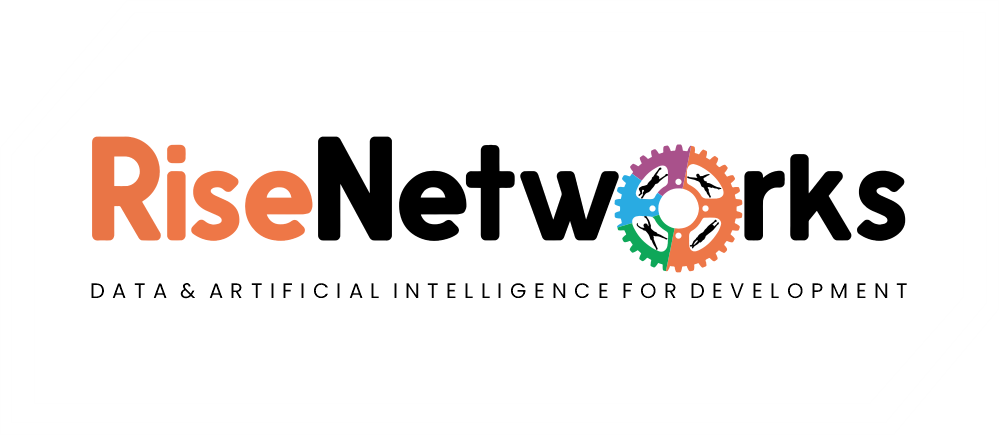Advantages and Disadvantages of Artificial Intelligence
What is Artificial Intelligence?
With all of the buzz surrounding Artificial Intelligence (AI) – robots, self-driving cars, and so on – it’s tempting to believe that AI has no impact on our daily lives. In actuality, most of us come into contact with Artificial Intelligence on a daily basis in some form or another. AI has fast infiltrated our daily lives, from the time you wake up to check your phone to viewing another Netflix recommended movie. According to Statista, the worldwide AI market is expected to increase at a rate of 54 percent every year. But, exactly, what is AI? Will it truly benefit humanity in the future? Well, AI has a lot of benefits and drawbacks, which we’ll go over in this essay.
What is Artificial Intelligence?
Artificial Intelligence or AI provides a computer program the ability to think and learn on its own. It is a simulation of human intelligence (hence, artificial) into machines to do things that we would normally rely on humans. There are three main types of AI based on its capabilities – weak AI, strong AI, and super AI.
Weak AI – Focuses on one task and cannot perform beyond its limitations (common in our daily lives)
Strong AI – Can understand and learn any intellectual task that a human being can (researchers are striving to reach strong AI)
Super AI – Surpasses human intelligence and can perform any task better than a human (still a concept)
Advantages of Artificial Intelligence
1. Reduction in Human Error
One of the biggest advantages of Artificial Intelligence is that it can significantly reduce errors and increase accuracy and precision. The decisions taken by AI in every step is decided by information previously gathered and a certain set of algorithms. When programmed properly, these errors can be reduced to null.
2. Zero Risks
Another big advantage of AI is that humans can overcome many risks by letting AI robots do them for us. Whether it be defusing a bomb, going to space, exploring the deepest parts of oceans, machines with metal bodies are resistant in nature and can survive unfriendly atmospheres. Moreover, they can provide accurate work with greater responsibility and not wear out easily.
3. 24×7 Availability
There are many studies that show humans are productive only about 3 to 4 hours in a day. Humans also need breaks and time offs to balance their work life and personal life. But AI can work endlessly without breaks. They think much faster than humans and perform multiple tasks at a time with accurate results. They can even handle tedious repetitive jobs easily with the help of AI algorithms.
4. Digital Assistance
Almost all the big organizations these days use digital assistants to interact with their customers which significantly minimizes the need for human resources. You can chat with a chatbot and ask them exactly what you need. Some chatbots have become so intelligent these days that you wouldn’t be able to determine whether you are chatting with a chatbot or a human being.
5. New Inventions
AI has helped in coming up with new inventions in almost every domain to solve complex problems. A recent invention has helped doctors to predict early stages of breast cancer in women using advanced AI-based technologies.
6. Unbiased Decisions
Human beings are driven by emotions, whether we like it or not. AI on the other hand, is devoid of emotions and highly practical and rational in its approach. A huge advantage of Artificial Intelligence is that it doesn’t have any biased views, which ensures more accurate decision-making.
Disadvantages of Artificial Intelligence
1. High Costs
The ability to create a machine that can simulate human intelligence is no small feat. It requires plenty of time and resources and can cost a huge deal of money. AI also needs to operate on the latest hardware and software to stay updated and meet the latest requirements, thus making it quite costly.
2. No creativity
A big disadvantage of AI is that it cannot learn to think outside the box. AI is capable of learning over time with pre-fed data and past experiences, but cannot be creative in its approach. A classic example is the bot Quill who can write Forbes earning reports. These reports only contain data and facts already provided to the bot. Although it is impressive that a bot can write an article on its own, it lacks the human touch present in other Forbes articles.
3. Increase in Unemployment
Perhaps one of the biggest disadvantages of artificial intelligence is that AI is slowly replacing a number of repetitive tasks with bots. The reduction in the need for human interference has resulted in the death of many job opportunities. A simple example is the chatbot which is a big advantage to organizations, but a nightmare for employees. A study by McKinsey predicts that AI will replace at least 30 percent of human labour by 2030.
4. Make Humans Lazy
AI applications automate the majority of tedious and repetitive tasks. Since we do not have to memorize things or solve puzzles to get the job done, we tend to use our brains less and less. This addiction to AI can cause problems to future generations.
5. No Ethics
Ethics and morality are important human features that can be difficult to incorporate into an AI. The rapid progress of AI has raised a number of concerns that one day, AI will grow uncontrollably, and eventually wipe out humanity. This moment is referred to as the AI singularity.

